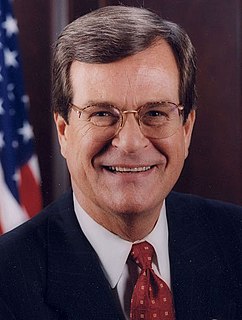
The 2002 United States Senate elections featured a series of fiercely contested elections that resulted in a victory for the Republican Party, which gained two seats and thus a narrow majority from the Democratic Party in the United States Senate. The Senate seats up for election, known as "class 2" Senate seats, were last up for regular election in 1996. The election was held on November 5, 2002, almost fourteen months after the September 11, 2001 attacks.

The 2008 United States Senate elections were held November 4, 2008, with 35 of the 100 seats in the Senate being contested. Thirty-three seats were up for regular elections; the winners were eligible to serve six-year terms from January 3, 2009 to January 3, 2015, as members of Class 2. There were also two special elections, the winners of those seats would finish the terms that ended January 3, 2013.
Al Doty is a Minnesota politician and a former member of the Minnesota House of Representatives who represented District 12B, which includes portions of Crow Wing and Morrison counties. A Democrat, he was first elected in 2006 when he defeated three-term Republican incumbent Greg Blaine. He was re-elected in 2008, but was unseated by Republican Mike LeMieur in the 2010 general election.

The 2008 United States Senate election in Georgia took place on November 4, 2008. The run off election took place on December 2, 2008. Republican Senator Saxby Chambliss, first elected in 2002, sought re-election to his position as a United States Senator from Georgia. He was challenged by Democratic nominee Jim Martin and Libertarian nominee Allen Buckley. After a runoff election on December 2, Chambliss was elected.

The 2008 Minnesota U.S. House of Representatives elections took place on November 4, 2008. All 8 congressional seats that make up the state's delegation were contested. Representatives were elected for two-year terms; those elected served in the 111th United States Congress from January 4, 2009 until January 3, 2011.
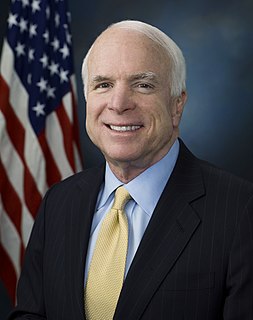
The 2008 United States presidential election in Georgia took place on November 4, 2008. Voters chose 15 representatives, or electors to the Electoral College, who voted for president and vice president.
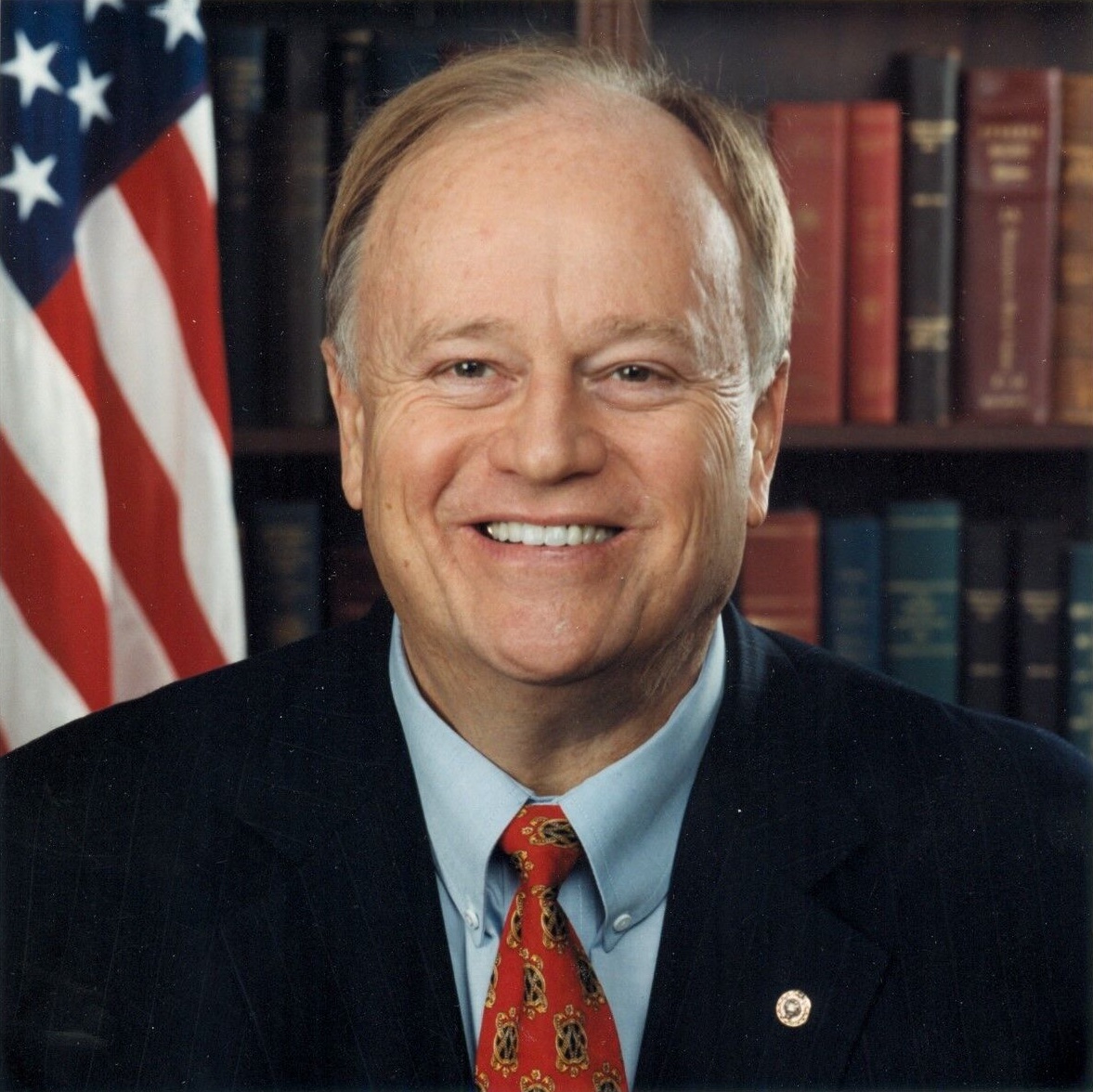
The 1996 United States Senate election in Georgia was held on November 5, 1996. Incumbent Democratic United States Senator Sam Nunn decided to retire instead of seeking a fifth term. The Republican Party nominated Guy Millner, a multi-millionaire businessman who was also the unsuccessful candidate who ran against Zell Miller in the 1994 gubernatorial election. Millner emerged as the victor from a crowded 6-person primary in July 1996. However, Max Cleland, the Secretary of State of Georgia ran unopposed in the Democratic primary.

The 2014 United States Senate elections were held on November 4, 2014, they were a part of the United States 2014 elections. Thirty-three Class 2 seats in the 100-member United States Senate were up for election, in addition to three Class 3 seats due to expire on January 3, 2017. The candidates winning the regular elections would serve six-year terms from January 3, 2015 to January 3, 2021. The elections marked 100 years of direct elections of U.S. Senators. Twenty-one of the open seats were held by the Democratic Party, while fifteen were held by the Republican Party.
The 2002 House elections in Georgia occurred on November 5, 2002 to elect the members of the State of Georgia's delegation to the United States House of Representatives. Georgia has thirteen seats in the House, apportioned according to the 2000 United States Census.
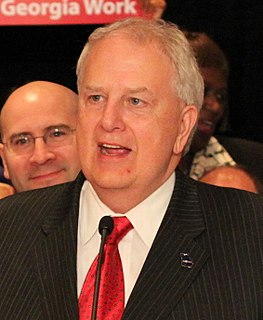
The 1998 Georgia gubernatorial election was held on November 3, 1998. Incumbent Democratic Governor Zell Miller was unable to seek re-election due to term limits, therefore creating an open seat. To replace him, State Representative Roy Barnes won the Democratic Party's nomination after a close and highly contested primary election, while businessman Guy Millner, who had run for Governor and the United States Senate in the previous four years, won the nomination of the Republican Party. In the general election, Barnes was able to defeat Millner by a margin of victory larger than Governor Miller's victory over Millner four years prior, which was in part due to the unpopularity and controversy of Mitch Skandalakis, the Republican nominee for Lieutenant Governor of Georgia. As of 2018, this is the most recent election in which a Democrat was elected Governor of Georgia.
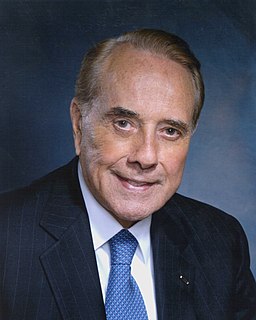
The 1996 United States presidential election in Georgia took place on November 5, 1996, as part of the 1996 United States presidential election. Voters chose thirteen representatives, or electors to the Electoral College, who voted for president and vice president.
The 1996 House elections in Georgia occurred on November 5, 1996 to elect the members of the State of Georgia's delegation to the United States House of Representatives. Georgia had eleven seats in the House, apportioned according to the 1990 United States Census.
The 2012 United States House of Representatives elections in Georgia were held on Tuesday, November 6, 2012, and elected the 14 U.S. Representatives from the state, one from each of the state's 14 congressional districts, an increase of one seat following the 2010 United States Census. The elections coincided with the elections of other federal and state offices, including a quadrennial presidential election. The party primary elections were held July 31, 2012, and the run-off on August 21, 2012.
The 2014 United States House of Representatives elections in Georgia were held on Tuesday, November 4, 2014, to elect the 14 U.S. Representatives from the state of Georgia, one from each of the state's 14 congressional districts. The elections coincided with the elections of other federal and state offices, including Governor of Georgia and U.S. Senator.

The Ohio general elections, 2014 were held on November 4, 2014 throughout Ohio, with polls opened between 6:30AM and 7:30PM. The close of registration for electors in the primary election was April 7, 2014, and the primary election day took place on May 6, 2014.

The 2014 United States House of Representatives elections in Oklahoma were held on Tuesday, November 4, 2014 to elect the five U.S. Representatives from the state of Oklahoma, one from each of the state's five congressional districts. The elections coincided with other elections to the United States Senate and House of Representatives and various state and local elections, including the Governor of Oklahoma and both of Oklahoma's United States Senate seats. Primary elections were held on June 24, 2014. Primary runoffs were held on August 26, 2014, in contests where no candidate won more than 50% of the vote.
A general election were held in the U.S. state of Georgia on November 4, 2014. All of Georgia's executive officers were up for election as well as a United States Senate seat, all of Georgia's fourteen seats in the United States House of Representatives and all seats in both houses of the Georgia General Assembly. Primary elections were held on May 20, 2014. Primary runoffs, necessary if no candidate wins a majority of the vote, were held on July 22, 2014.

The 2016 United States House of Representatives elections in Texas were held on November 8, 2016, to elect the 36 U.S. Representatives from the State of Texas, one from each of the state's 36 congressional districts. The elections coincided with the 2016 U.S. presidential election, as well as other elections to the House of Representatives, elections to the United States Senate and various state and local elections. The primaries were held on March 1.

The 2018 United States House of Representatives elections in Missouri were held on November 6, 2018, to elect the eight U.S. Representatives from the state of Missouri, one from each of the state's eight congressional districts.
























